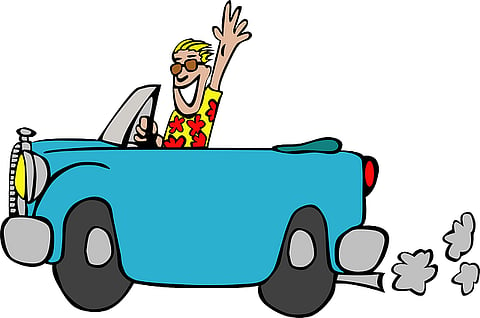People are surprised to learn that many of the medications they regularly take can affect their ability to drive safely, including antiseizure medicines, sleeping aids, muscle relaxants, antidiarrhea medicines, anxiety drugs, antidepressants, pain medicines, allergy products, antipsychotic medicines, cough and cold products, diet pills and motion sickness medicines.
How can marijuana affect driving?
Marijuana could impair your judgment, motor coordination and reaction time. Some studies have found a direct relationship between blood THC concentration and impaired driving ability, though more research is needed.
In New Jersey, driving under the influence of marijuana is illegal. Currently, there is no defined legal limit to determine marijuana-impaired driving or clear guidance as to how long a person should wait before driving after using marijuana. If you are using marijuana, do not drive in New Jersey. Arrange for a ride with someone who has not been using any substances or call a taxi or ride service.


